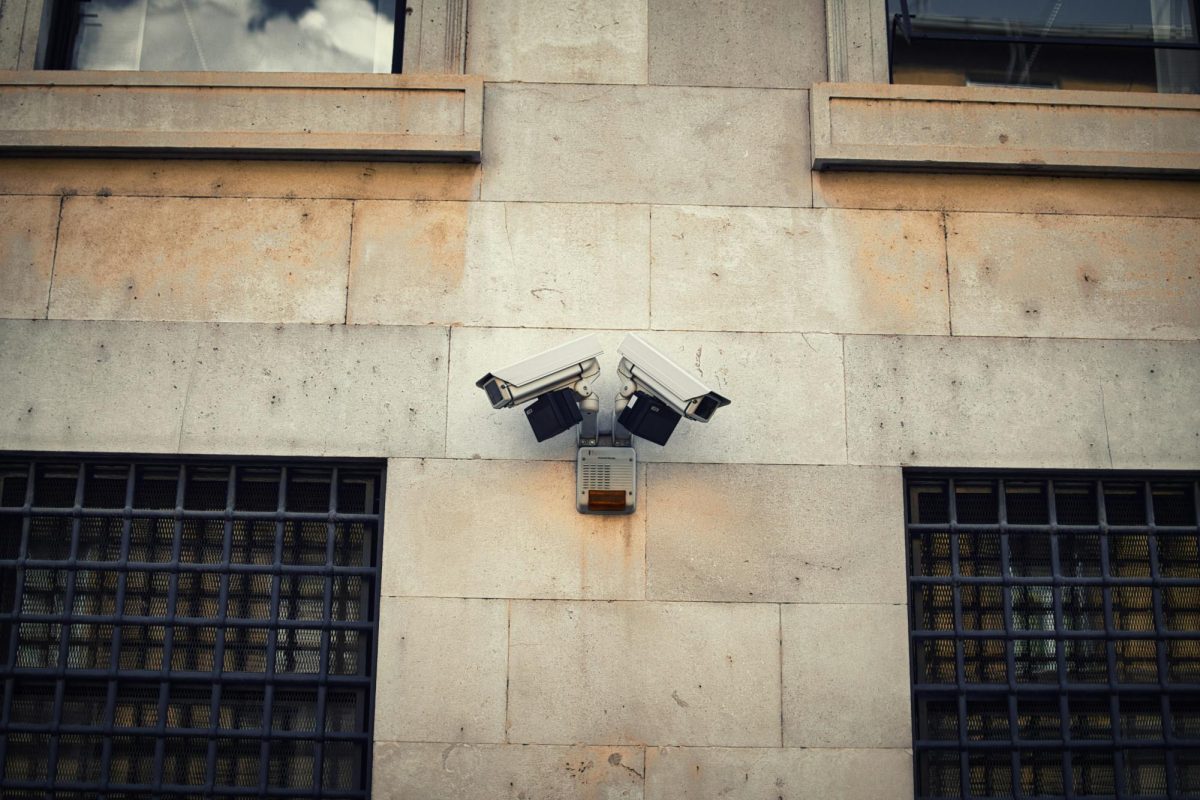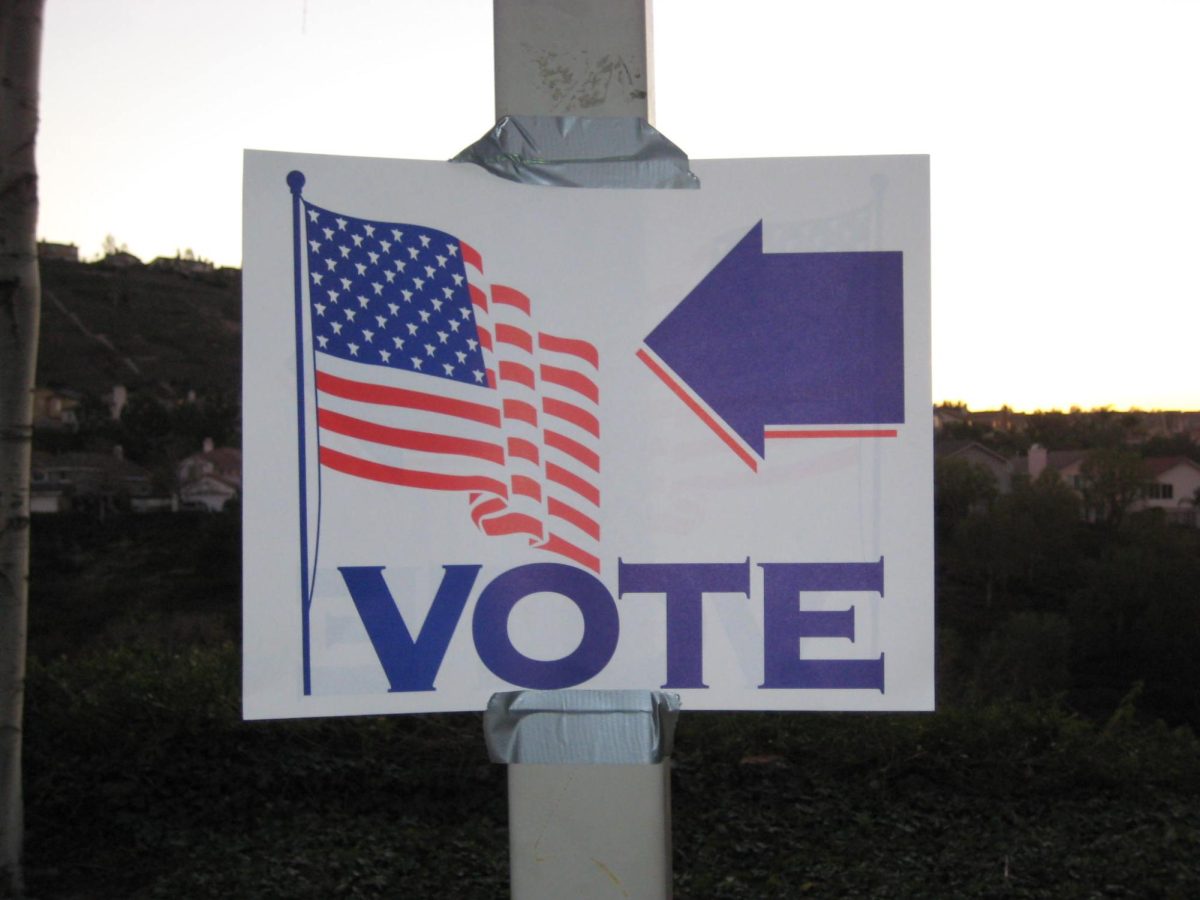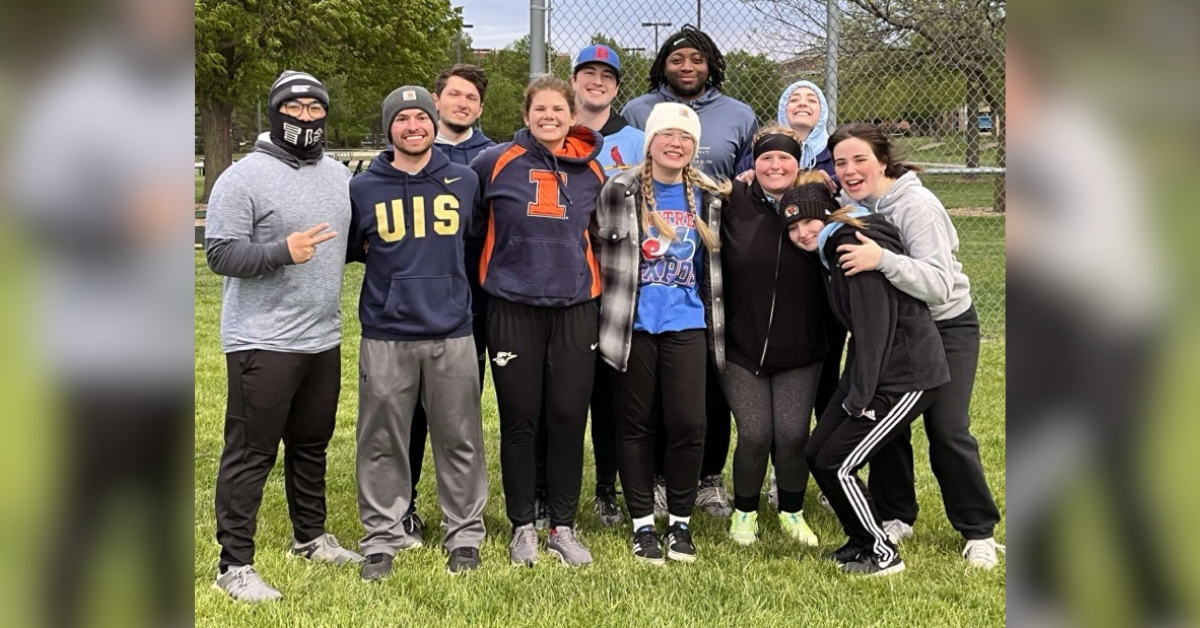Music is all around us. We hear it at home, on TV and in our cars. At work we might hear its lesser cousin, Muzak, and with the advent of the MP3 player, we don’t have to spend a single second in silence.
But even when we spend our days surrounded by songs, making music is a completely different matter. Public performances, from singing to speaking, are the number one cause of fear and anxiety, but karaoke might just be the solution.
Karaoke is a highly social activity that anyone with a voice can partake in, giving you and your friends an evening’s worth of (sometimes) free entertainment. It can reduce stress and leave you feeling refreshed in ways that simply listening to music can’t.
By becoming a regular singer, you can also deepen your knowledge and appreciation of music, opening up new interests and activities. With the right perspective, karaoke can be a fun and fascinating hobby which lets you make your own small contribution to the music of everyday life.
Let me share my own story of karaoke superstardom. During the first few weeks of my semester in England, I was a nervous wreck; terrified of the world outside my flat. But one fateful Friday, I was compelled to enter the student lounge, not knowing that it was the University of Hull’s weekly karaoke night.
Hearing the most soulful renditions of “Ace of Spades,” “Material Girl,” and “Heart of Glass” ever performed, I felt brave enough to take a chance on my own number: Pulp’s “Disco 2000.”
It’s a difficult piece, but my enthusiasm more than made up for my lack of range, style, or dance moves. Now that I’m back in the States, my friends and I hit up St. Louis’s karaoke bars every other weekend, offering unrecognizable covers of Queen, Cheap Trick, OutKast, and whatever else feels right.
If the story didn’t sell you, the science might. Singing makes you feel good; like most forms of physical activity, it improves your respiratory health and increases your stamina. These, in turn, can lead to lower blood pressure and better moods. The benefits are so great, in fact, that doctors have even begun to prescribe musical therapy to patients with high anxiety or breathing disorders.
Singing also triggers the release of oxytocin, a hormone which promotes feelings of love and affection. Though most people are tense and anxious before singing, they feel relaxed and fulfilled afterward, leaving them more excited for their next performance.
If you aren’t concerned for your health and aren’t preparing for a career in music, you still may want to pick up the mic. Karaoke can yield surprising benefits in other areas of life, increasing your self-confidence and making other public performances less stressful. It also helps you train and strengthen your voice, memorize phrases, and express your emotions, all of which contribute to good acting and public speaking.
None of this is likely to persuade you the next time you’re wracked with stage fright. When most people are asked to sing karaoke, they’ll refuse, wanting to spare themselves and the audience any discomfort. But, oddly enough, studies suggest that amateur singers enjoy the experience even more, getting a burst of hormones and self-confidence.
Singing doesn’t need to be a competitive activity, and you don’t need training or experience to enjoy it. Besides, as every karaoke star knows, a good voice is nothing without a charismatic performance. Since stage fright is so common, chances are your audience will sympathize and cheer you on regardless.
Now that you know the facts, don’t keep your singing voice inside. Making some music of your own will leave you feeling healthier, happier and more sociable. You’ll have an interesting hobby which all of your friends and family can share, and as experienced public performer, you’ll overcome the most common and crippling of social phobias. Though you might lose your voice to stage fright, the thrill of a performance, good or bad, will keep you coming back to the karaoke bar for more.





